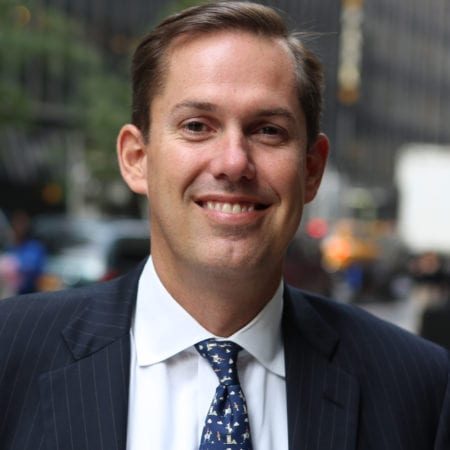How risky is it, really, for companies to speak out on political or cultural issues?
The new reality—in which some stakeholders expect corporations to express their opinions on controversial topics—understandably makes many corporate leaders very nervous. In this hyper-partisan, social media-driven environment these political and cultural matters have vocal opponents on both sides, and the potential for backlash and serious reputational damage seems only a few clicks away.
Despite the attention they receive, and the controversial nature of the topics on which some have staked a position, there are ways to express value-based viewpoints that minimize any negative impact or consequences. New research we conducted offers some evidence that when companies take the long view and consider the expectations of their many stakeholders they can garner small but noticeable increases in their positive reputations and generate good will among key audiences.
There has been a significant amount of research in the past several years examining this shift in attitudes among business leaders and the general public. The findings of these various studies, many of them asking hypothetical questions, are remarkably consistent in illustrating that expectations have changed regarding companies taking stands on political and social issues.
But what really happens when corporations take a stand? To find out, we looked at over a dozen companies or their CEOs who expressed opinions on policy questions related to climate change, immigration and diversity and inclusion initiatives over the last two years, analyzing how it impacted their corporate reputations. We tracked changes to their positive reputation ratings on YouGov (0-100% of respondents who had a positive opinion), a company that takes pulse surveys of public attitudes toward companies every week, as well as volume and tone of traditional and social media conversations.
Here’s what we discovered:
- Positive reputation ratings typically remained flat or moved by less than a point immediately after a major announcement
- Over time, though, if the corporation continued to support that position, reputation ratings increased between 1 to 2 percentage points
- Correspondingly, while there was certainly some criticism on social media, we saw that supporters of the company’s position were more likely to engage with that company, generating a higher percentage of positive conversation online.
This analysis yielded several key points for businesses looking to engage in this way. First, the impact of taking a stand takes some time to register with the public, both positively or negatively. It was important for companies to maintain sustained visibility around the issue to realize the reputational gains, not simply making one announcement and walking away.
In addition, companies need to ensure their actions authentically align with their values, as consumers have a keen eye for hypocrisy (whether real or perceived). We found that when companies were criticized for a gap between their statements and their actual policies or actions, the social media reaction was decidedly much more negative, and in some instances led to a drop in the positive rating.
While this study was not exhaustive, it provides directional support to address the question that many organizations are currently asking themselves: can I really afford to take the risk to speak out? The data suggests that—when done intelligently and strategically—companies may have less to be worried about from a reputational perspective than it appears on the surface. A smart approach starts with understanding the beliefs and expectations of stakeholders, and whether they feel the company has permission to engage on certain issues. Companies must also be prepared to confront the risk involved and potential backlash, which could happen no matter how carefully it positions itself on key topics.
Every company is different, with various business models and stakeholder groups. What is right for one company may not be for another. But as public and customer attitudes continue to evolve, and expectations continue to heighten for companies on big issues, the real risk may lie in doing nothing.
A special thanks to Jordan Levine and Lindsay Hoh of Ketchum Analytics for providing the research and data that guided our findings.





